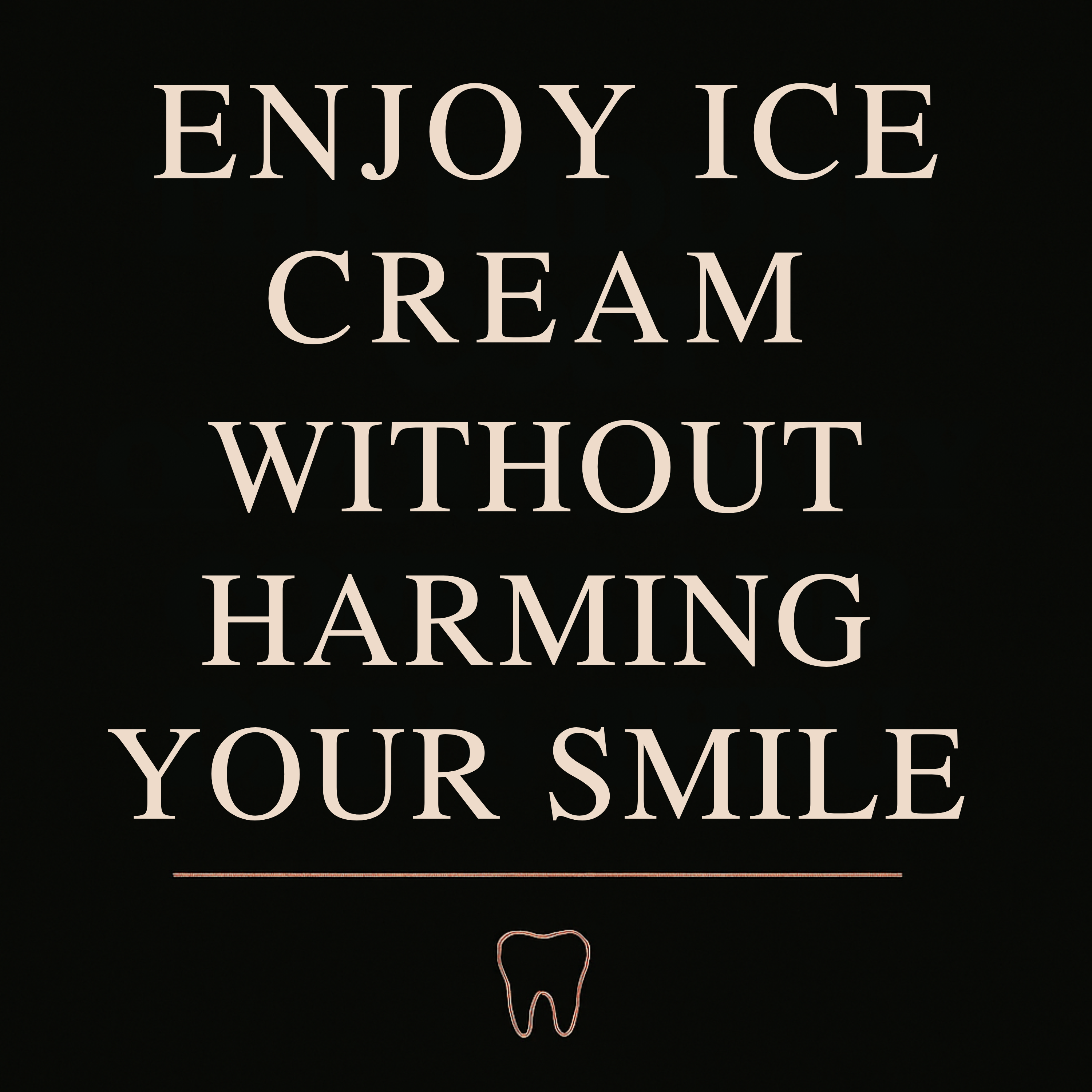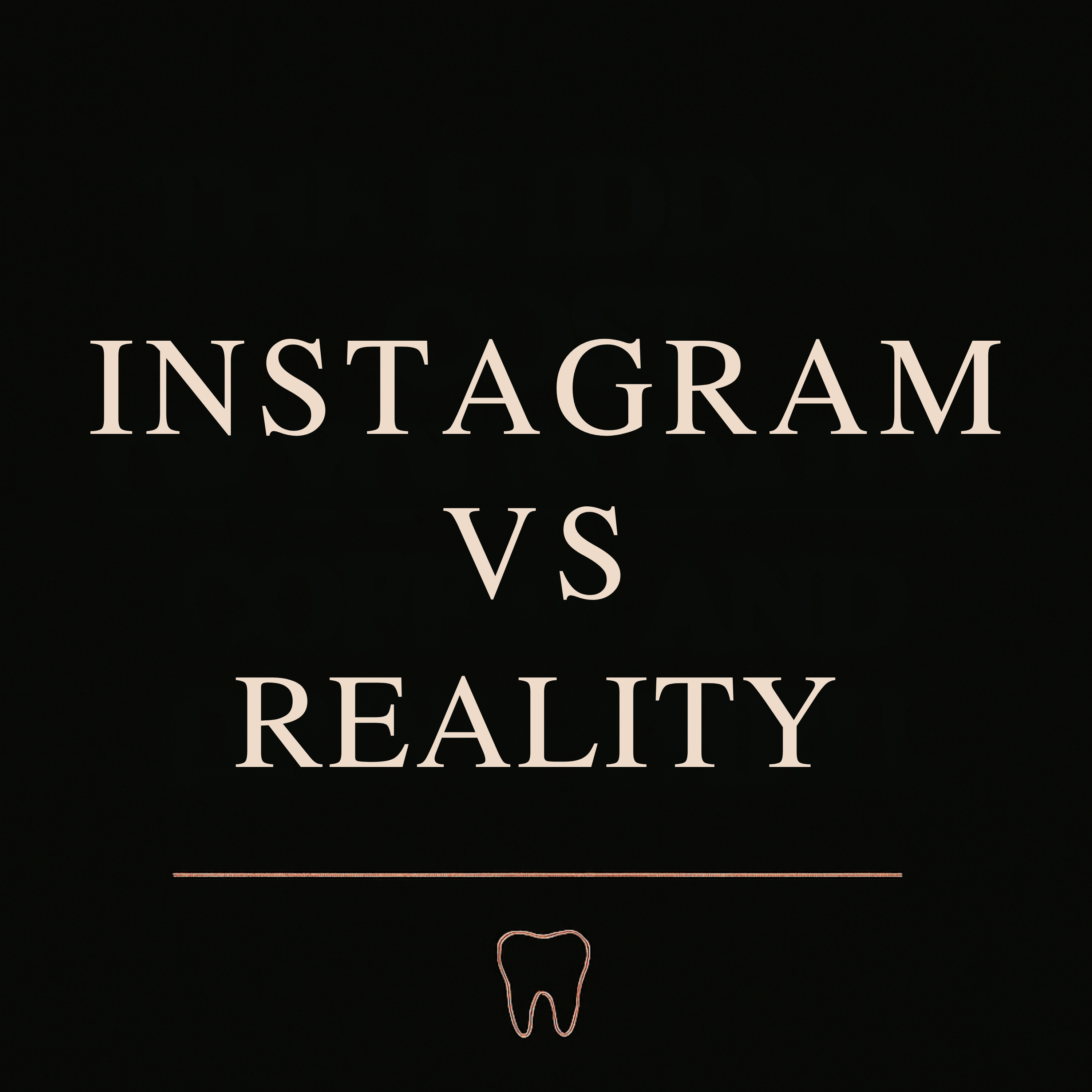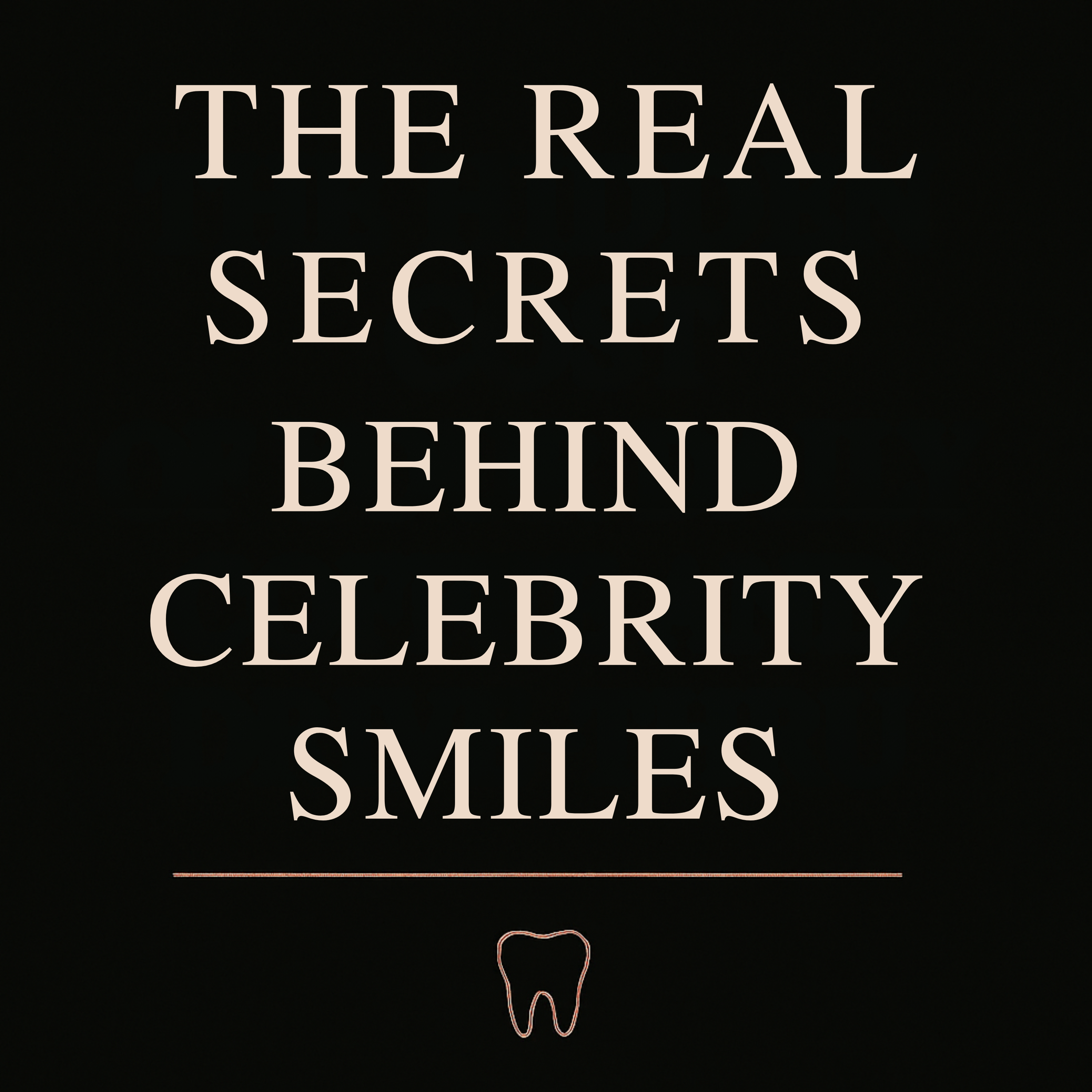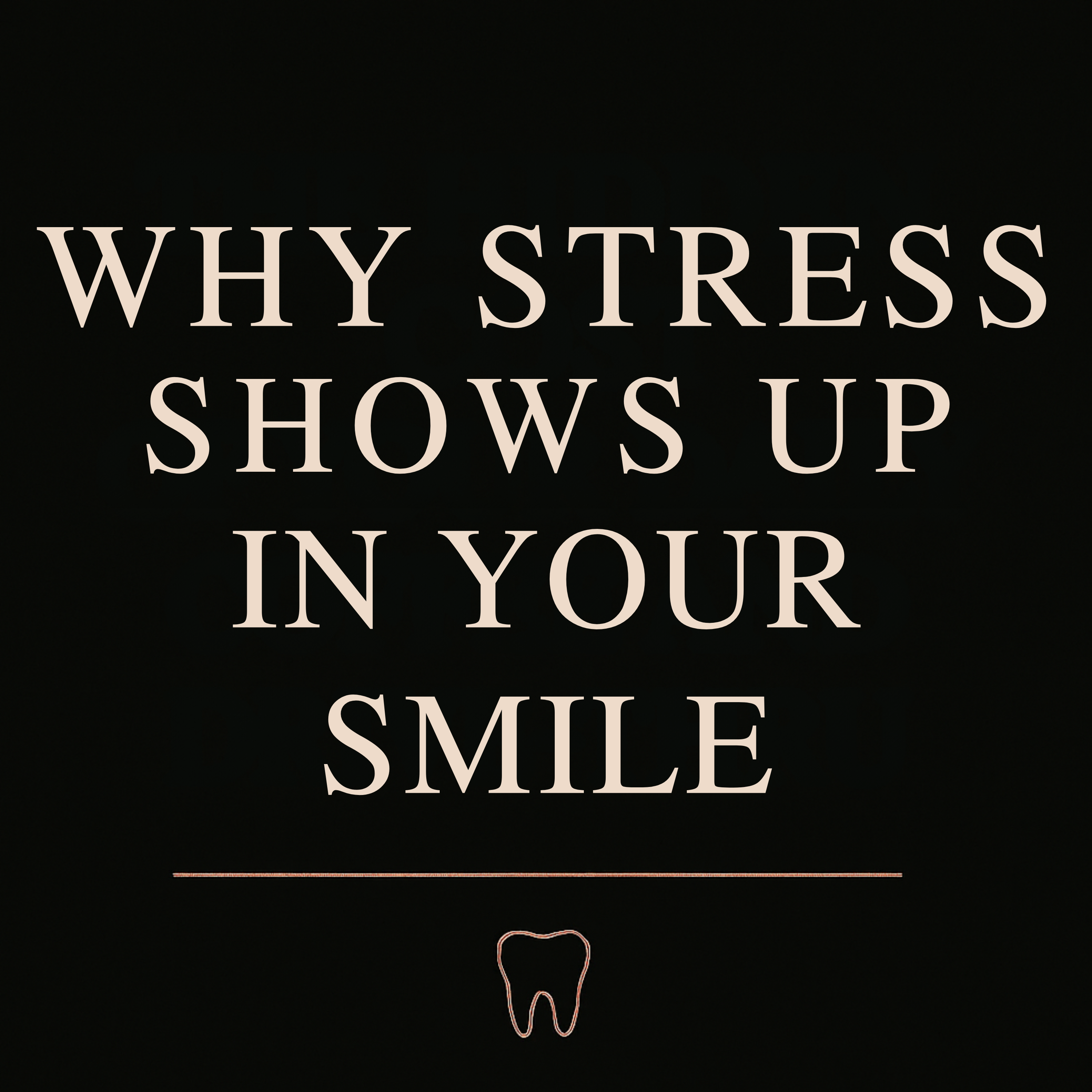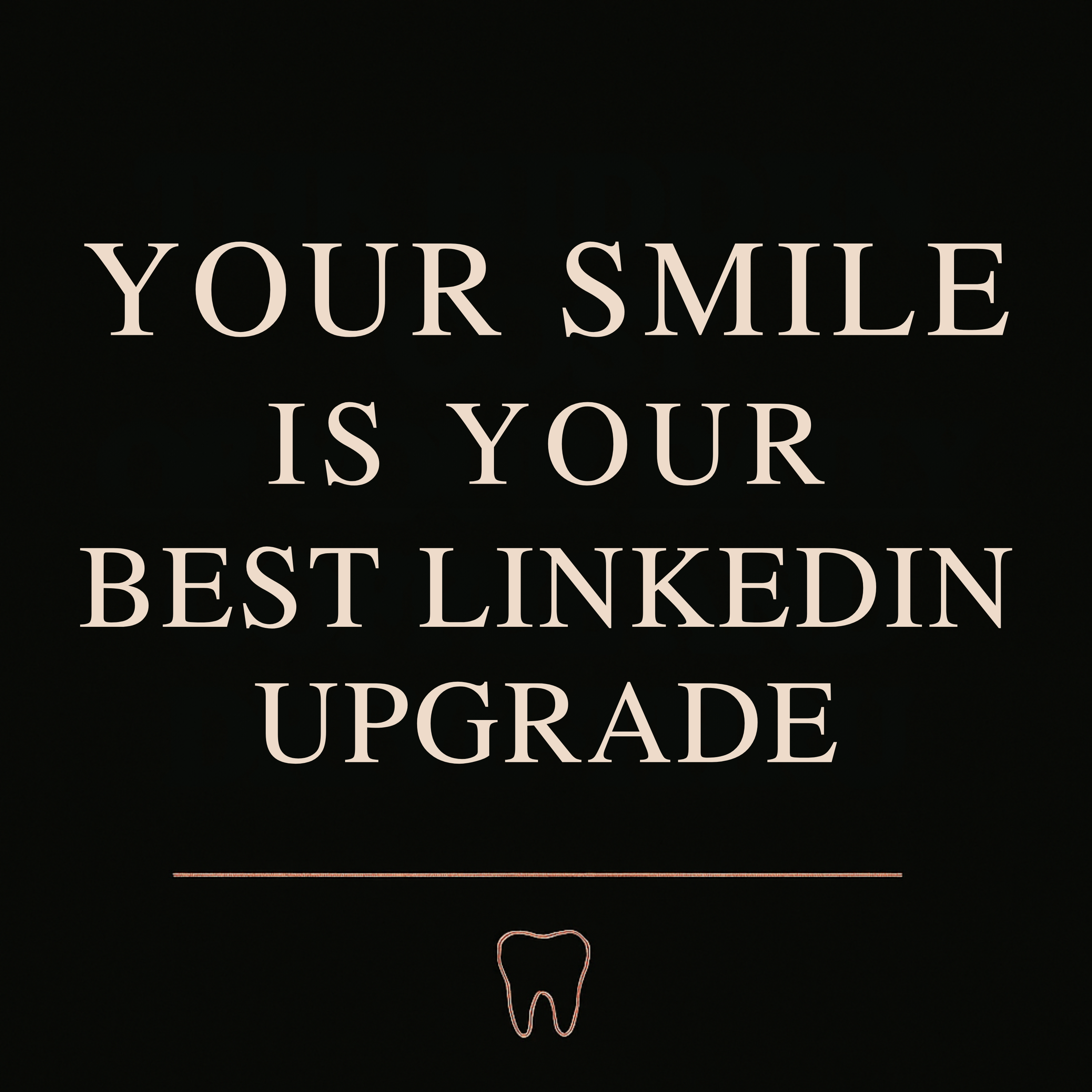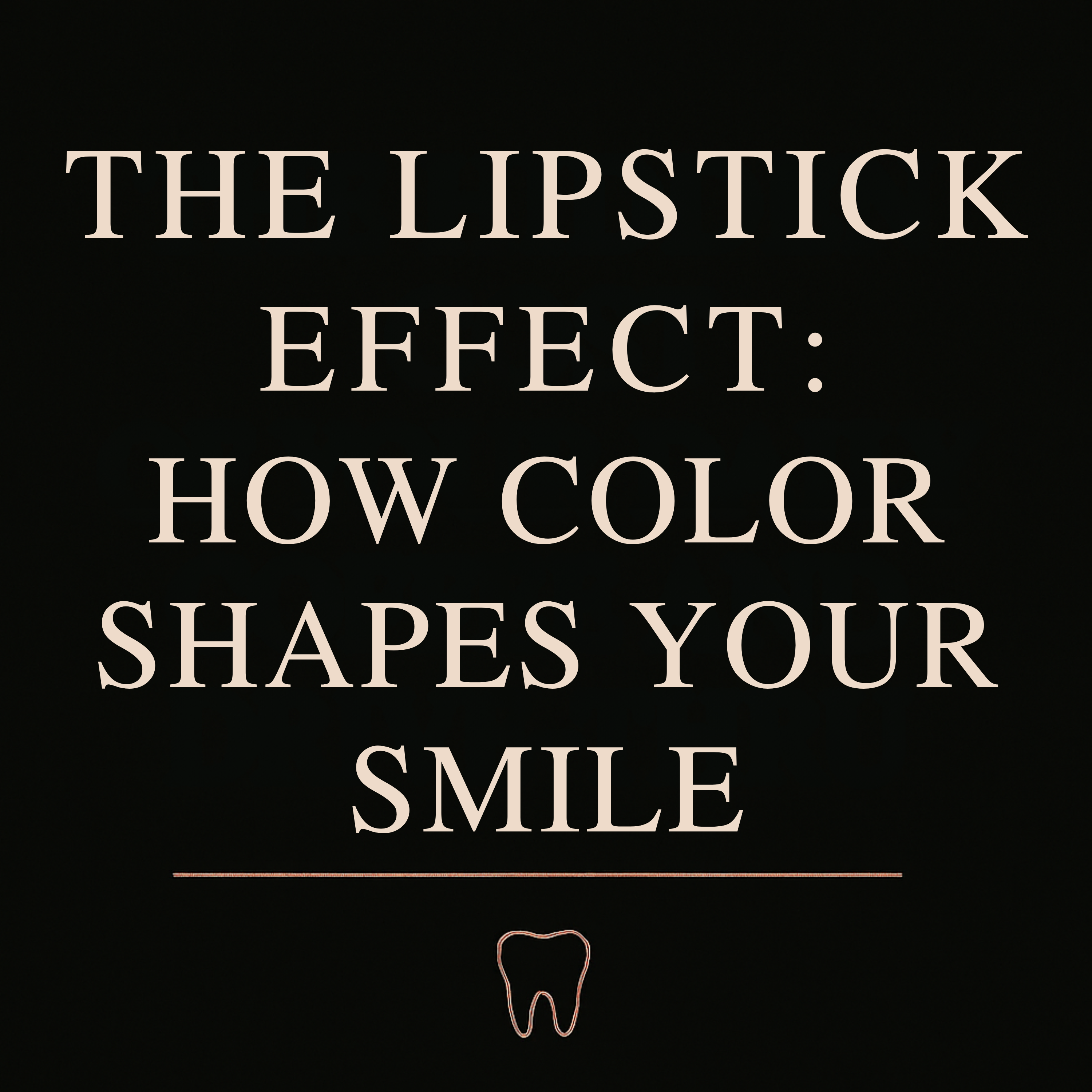Episode Transcript
It’s summer. The sun is warm, the day’s been long, and nothing feels better than a scoop of ice cream. Maybe it’s a cone on a weekend walk, a pint on the couch, or that late-night soft serve that feels like self-care.
It’s comforting. It’s nostalgic. And it feels harmless—after all, it’s just milk and sugar, right?
But here’s the part most people don’t realize: behind every scoop, the sugar, cold temperature, and sticky texture work together in ways that quietly challenge your smile. The effects don’t show up right away. They build slowly—until you start to notice sensitivity, dull enamel, or dark spots near your gumline.
Let’s start with sugar. Even a small serving of ice cream feeds bacteria for hours. Those bacteria turn sugar into acid, and acid eats away at enamel. It’s a slow process—microscopic erosion that deepens over time.
The result? Hidden enamel wear. Cavities that start in tiny crevices. Lingering plaque that dulls your smile.
A single cup of premium ice cream can have more than thirty grams of sugar—more than a candy bar.
Then there’s the cold. That sharp “zing” you feel when you take a bite isn’t just about temperature—it’s your teeth sending a signal. Receding gums, worn enamel, or exposed dentin allow cold sensations to reach the nerves inside your tooth. That quick pain is your enamel saying it’s under stress.
And it often goes ignored—until the discomfort becomes routine. Cold drinks, brushing, even breathing in cool air starts to sting.
The third hidden culprit? Sticky toppings. Caramel drizzle, fudge, cookie bits—they make every bite richer, but also make the sugar cling longer to enamel. That sticky residue keeps feeding bacteria and producing acid long after you’ve finished your dessert. In fact, sticky sweets can trigger acid production in your mouth for up to thirty minutes after eating.
So, what’s the smarter move?
Start with ice-cream smarts.
Choose lighter options like frozen yogurt or sugar-free varieties. Avoid sticky add-ons like caramel or fudge. Stick to one serving instead of multiple scoops.
Second, try timing tricks.
Enjoy your ice cream after meals, when saliva is already active and ready to buffer acid. Rinse your mouth with water right after eating to wash away sugars, and wait thirty minutes before brushing—so you don’t scrub softened enamel.
And third, pair smarter.
Add fruit or nuts for a balance of texture and nutrients. Choose milk-based desserts that include calcium to strengthen enamel. Skip the cone occasionally—especially waffle cones, which trap sugar against your teeth longer.
These swaps may seem small, but they protect your enamel from slow, silent wear. Because ice cream doesn’t feel dangerous in the moment—but repeated sugar exposure, cold sensitivity, and sticky residue all add up over time.
At KYT Dental Services, we see this often. Patients are surprised to learn that something as comforting as ice cream can quietly impact enamel health—especially when paired with sensitivity or gum recession. That’s why our approach goes beyond treatment. We focus on protection—strengthening enamel with fluoride, managing sensitivity, and helping you enjoy your favorite treats confidently.
Because even the sweetest moments should protect your teeth, not test them.
Thanks for listening to Trust Your Teeth.
If you found today’s episode helpful, follow the show and share it with someone who loves a good scoop.
Until next time—enjoy smarter, smile stronger.
